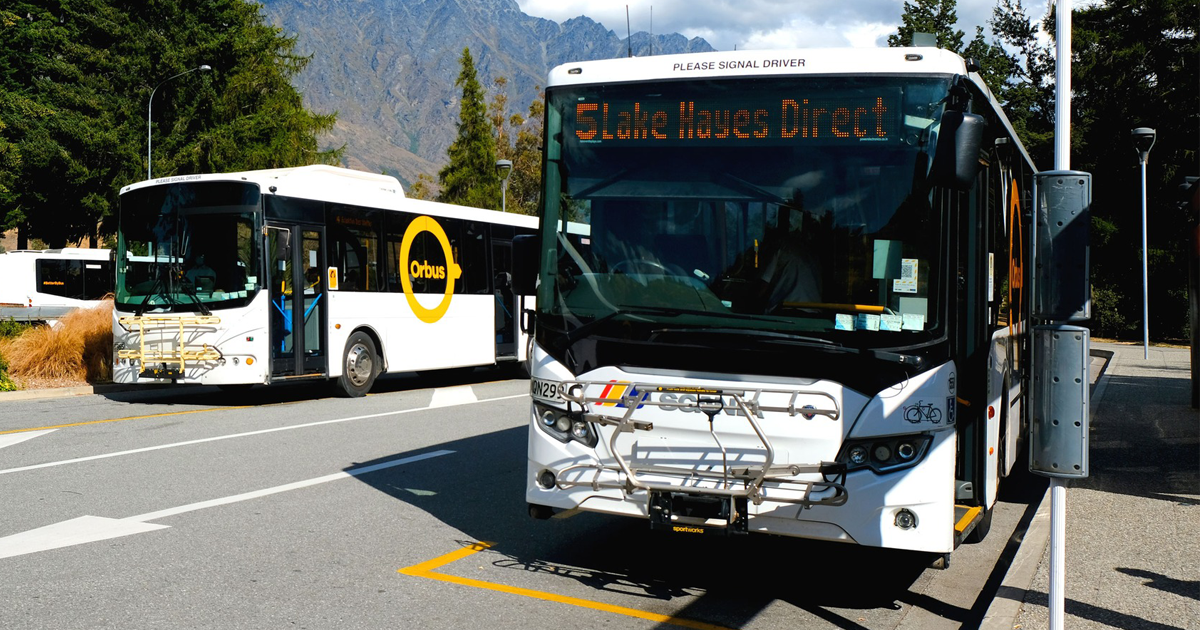
Both centres have been running on a reduced or less frequent timetable due to driver shortages and illness during the pandemic since July last year. The Council has listened to strong public demand for a return to more frequent services on routes and staff were preparing and assisting operators towards re-establishing full timetables.
ORC Interim Chief Executive Pim Borren said that after discussions with Queenstown bus operators just prior to Christmas, he concluded that the deadline for a return to the full timetable in Queenstown regretfully needed to be extended to June 1 this year.
However, Dunedin operators say they are prepared to proceed with stepping the public passenger transport service back up to prior levels from February 1.
“Essentially NZ is still 800 drivers short nationwide and Queenstown with its challenging accommodation and high living costs has proven particularly difficult for recruitment of drivers locally,” he said.
“This is notwithstanding the significant increases in pay which ORC led late last year, and which have since been supported by central govt, Waka Kotahi, and through school bus driver agreements.”
“We are working closely with all parties to pull together to rebuild a more frequent public transport service for Queenstown through the first half of 2023, however full timetabled services will not return now until 1 June 2023 as operators will not be able to deliver an increased service any earlier. It remains a struggle at times for the Queenstown operators to deliver the reduced timetable, and passengers deserve greater certainty.”
He added that services appeared to have become more popular during the Council and Government’s cut-price fares, and the Council aimed to maintain that demand in the long-term.
“We thank the public and current drivers and operators for their tolerance and patience during extremely difficult times for New Zealand across many sectors – and bus services were particularly hard hit.
“We’re looking forward to frequent and more reliable services in 2023, and rest assured, our passionate staff and operators are doing everything they can to restore what we had and provide a sustainable service for the future.”
The Council is also leading work to produce a 30-year forward-focused business case on how public transport could evolve over the next 15-years in the popular tourist town as part of the multi-agency Way to Go programme. The business case will be designed to encourage more people onto buses, bicycles, ferries, and other modes of low-emission, active or shared transport.
It will scope out the role of park-and-ride, capacity demands and constraints, as well as systems and resources, and what bus hubs might look like. It will also present what funding is needed over time.
To develop a case for change, the community will be asked for their input, with consultation due to start in the first quarter of this year.
